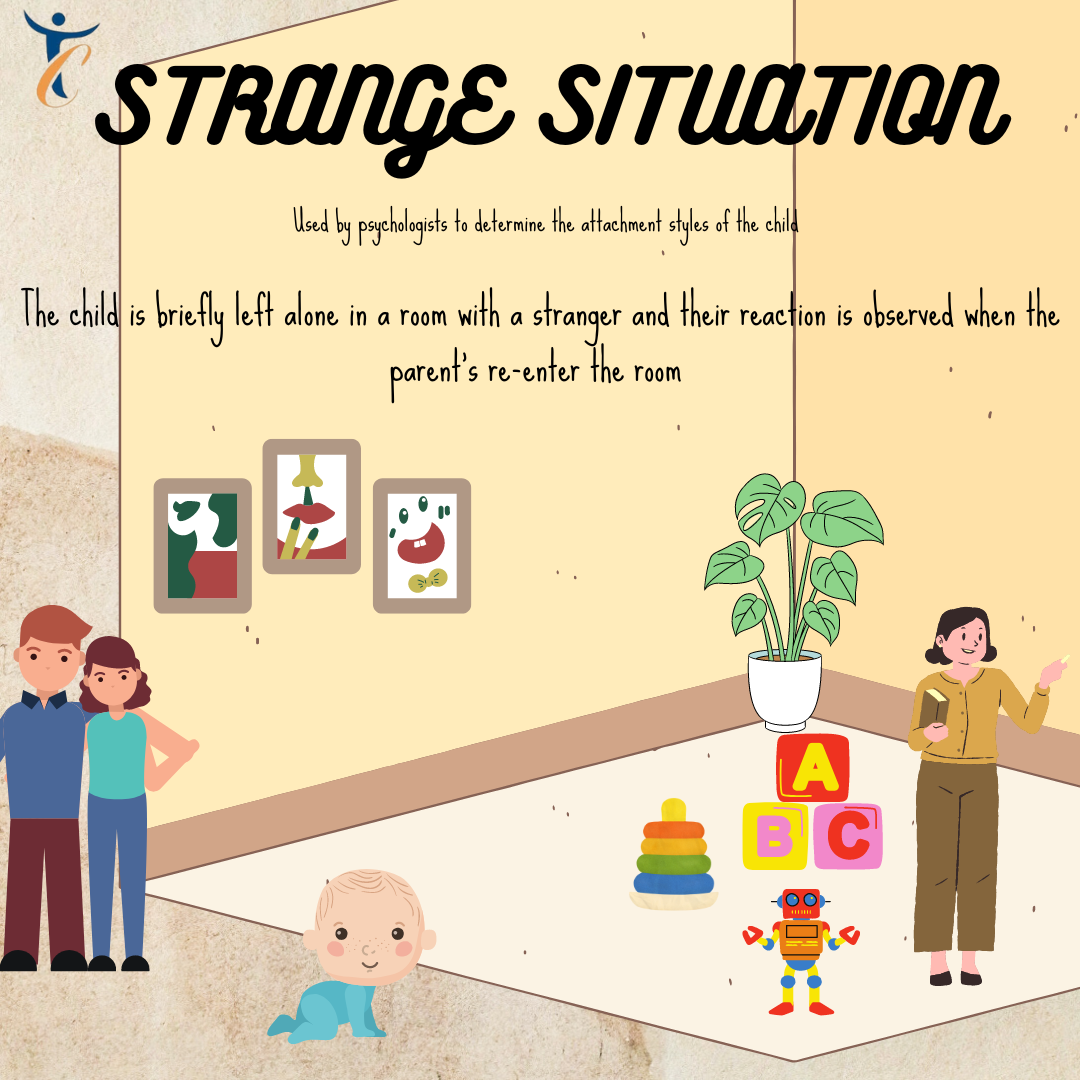A support group in counselling is a group of individuals who come together to share their experiences, offer support, and learn coping strategies from one another in a safe and non-judgmental setting. Support groups can be in-person or online, and …
Conflict management is the process of minimizing the negative aspects of conflict while enhancing its positive outcomes. Conflicts can arise in various situations, such as in the workplace, among family members, or between friends. The effects of conflict can be …
The term “Good Girl Syndrome” refers to a pattern of behaviour where individuals, often women, feel pressure to be polite, obedient, and accommodating at the expense of their own needs and desires. This can manifest in various ways, such as …
Harm in therapy can vary, but some potential harms include misdiagnosis, inappropriate treatment, breaches of confidentiality, or even retraumatization. To avoid harm in therapy, it’s crucial for therapists to maintain ethical standards, regularly engage in supervision, practice ongoing self-reflection, have …
The effects of social media on teenagers are multifaceted and can have both positive and negative impacts on their well-being, mental health, social relationships, and overall development. Here are some key effects of social media on teenagers: Positive Effects 1. …
Anger is a natural human emotion that can range from mild annoyance to intense rage. There are several types of anger, including 1. Normal Anger: This is a common emotional response to feeling frustrated, hurt, or threatened. 2. Chronic Anger: …
Procrastination is a common behaviour where individuals delay or avoid tasks, often leading to negative consequences such as stress, decreased productivity and missed deadlines. Understanding the types and reasons for procrastination can help individuals address this behaviour and develop effective …
Toxic relationships are harmful, one-sided, and emotionally damaging relationships that can negatively impact your mental and emotional well-being. Here are some common types of toxic relationships: 1. Controlling Relationships: One partner tries to control the other’s behavior, isolates them from …
Emotional abuse is a form of psychological abuse that involves behaviour that is intended to control, intimidate, belittle, or manipulate another person. Some key features of emotional abuse include; Emotional abuse can have serious and long-lasting effects on a person’s …
Attachment styles refer to the patterns of emotional and behavioral responses that develop between an infant and their primary caregiver. This early attachment is characterized by a sense of security, protection, and safety provided by the caregiver during the child’s …
- 1
- 2


Recent Comments